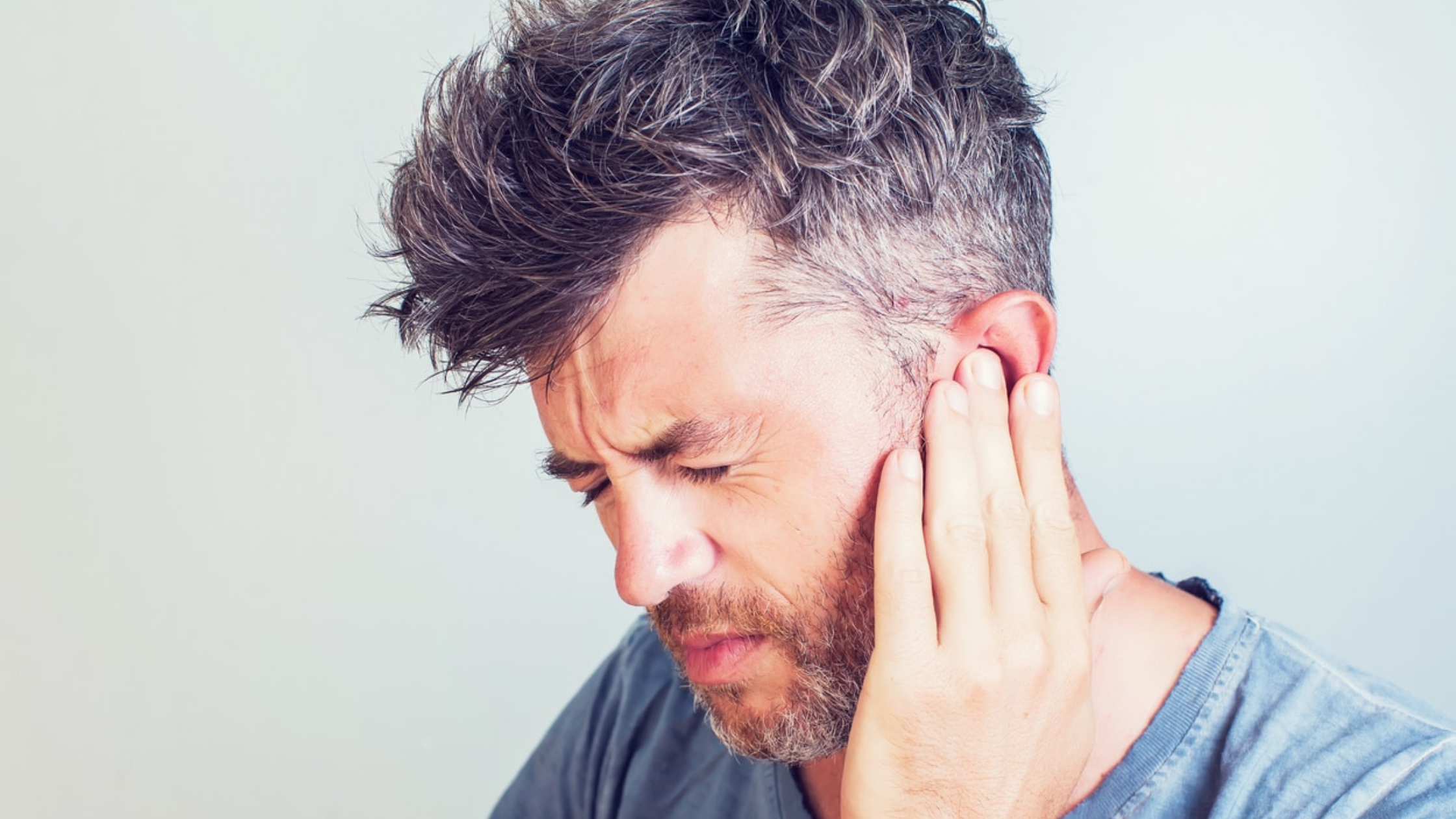Ear Fatigue and How you Can Prevent it

Has your music ever caused ear pain? How about just a headache?
I’m not talking about listening to your favorite band at a concert. That can be incredibly fun and exhilarating at the same time — especially if it’s an outstanding show!
I’m talking about listening to your favorite artist on your headphones—a few minutes in, and bam. Your ears start ringing, you feel pain behind your ears, and your head hurts.
If this sounds familiar, there’s a good chance you’ve been experiencing ear fatigue. And while previously thought to be temporary, the reality is that it could happen again and often.
What is Ear Fatigue?
It is the ear-ache feeling you get when you attend a concert or an event that has loud sounds for a long period of time.
Ear fatigue is a type of tinnitus, which is the medical term for ringing in the ears. Ringing or buzzing in the ears is a sound that can be heard by anyone at any time.
It is not uncommon, and it is usually not harmful to your hearing. Ear fatigue, on the other hand, is a temporary loss of hearing that results from prolonged exposure to loud noise. When this happens, you suddenly find yourself unable to hear people talking or music playing in your environment.
The condition of ear fatigue can be explained as a temporary loss of hearing due to overexposure to loud noises. The loud noises damage the hair cells of your inner ear and worsen your hearing temporarily.
These hair cells are responsible for converting sound waves into electrical signals so that they can be sent through your brain and interpreted as sounds.
So when you experience ear fatigue, it means that these hair cells have been damaged and therefore cannot convert sound waves into electrical signals properly.
When you listen to music through headphones or attend a concert and listen to music for long hours without giving your ears breaks, you put yourself at risk for experiencing ear fatigue.
The best way to prevent this condition from happening is by taking frequent breaks from listening to loud music.
Symptoms of Ear Fatigue
Ear fatigue is the phenomenon when listening to music for a period of time, you feel tired in your ears. It is a condition when the ear gets tired because of constant use. It can occur in children, adults, musicians, people who are exposed to loud music or watch television for long hours.
The most common ear fatigue symptoms are:
1. Dizziness
2. Feeling of fullness in the ears
3. Swirling sensation in the head
4. Ringing sound in ears after listening to music or other loud noises
5. Lightheadedness or feeling faint
6. Unusual or sudden urge to urinate
7. Tinnitus (ringing in the ears)
8. Temporary hearing loss, muffled hearing, or “deafness” after exposure to a loud noise
9. Nausea and/or vomiting after being exposed to a loud noise or after listening to music through headphones for an extended period of time (headphone users often experience this as a “drunk” sensation)
Ear Fatigue Prevention
First, of course, it’s important to wear hearing protection. You should be wearing ear plugs or ear muffs at all times when you are in a loud environment. Don’t even think of being “just for a minute.”
Stop listening when your ears start to hurt.
If you’re tired, take a break. If you’re not, but your ears are starting to hurt, that’s a sign that you’ve been listening for too long and need to take a break.
Ideally, your breaks should involve switching the type of activity you’re doing. This will give both your ears and mind a chance to recharge.
You can listen during a break, but make sure you also talk to other people while doing so. This gives your brain a chance to rest while you keep your ears busy with something different.
Before going back into the studio after a break, try putting in some ear plugs or using some other method of ear protection. This will help reduce the chances of returning from the break with renewed pain from continued overexposure to sound levels.
HearSafe earplugs are high fidelity earplugs that not only protect your ears from hearing damage, they also let you hear your music without feeling fatigued.
HearSafe earplugs are designed to provide an optimal range of sound frequencies for enjoying live music or any other noisy event. They block harmful sounds while letting you hear natural, warm sounds with clarity and balance.
HearSafe earplugs are made from a soft silicone material that feels comfortable in your ears even after prolonged wear. Their patented shape provides an effective seal that provides uniform attenuation throughout the frequency range.
This makes HearSafe ear plugs especially well-suited for live music fans since they allow you to experience all the nuances of sound quality at a concert or other event rather than just the loudest sounds.
Ear Fatigue Recovery
If you have been experiencing high levels of ear fatigue for a longer period of time, your ear recovery may take anywhere from a couple of days to a week.
In these instances, it may be necessary to take a vacation from listening to music completely, or at the very least, lower the volume that you listen from.
This is possible because of how our ears work. Our ears are constantly sending out new cells to replace damaged ones.
However, if we experience higher levels of damage over a longer period of time, our body’s resources can become depleted and it will take a longer recovery period for us to recover from the damage.

Leave a Reply